Artificial intelligence (AI) is revolutionizing the modern world, transforming industries and redefining human capabilities. This comprehensive guide delves into the intricacies of AI, exploring its types, applications, benefits, challenges, and future implications.
From self-driving cars to medical diagnosis and financial forecasting, AI is already making a profound impact on our lives. As we move forward, AI’s potential to shape our future is both exciting and thought-provoking.
Definition of Artificial Intelligence (AI)
Artificial intelligence (AI) refers to the simulation of human intelligence processes by machines, especially computer systems. AI research has the goal of developing machines that can perform tasks that normally require human intelligence, such as visual perception, speech recognition, decision-making, and language translation.
AI techniques are widely used in various industries, including healthcare, finance, manufacturing, and transportation. For instance, AI algorithms are employed in medical diagnosis, fraud detection, predictive maintenance, and self-driving cars.
Examples of AI Applications
- Natural language processing (NLP) for chatbots and machine translation
- Computer vision for image recognition and facial detection
- Machine learning for predictive analytics and fraud detection
- Robotics for autonomous navigation and industrial automation
- Expert systems for medical diagnosis and financial planning
Types of AI
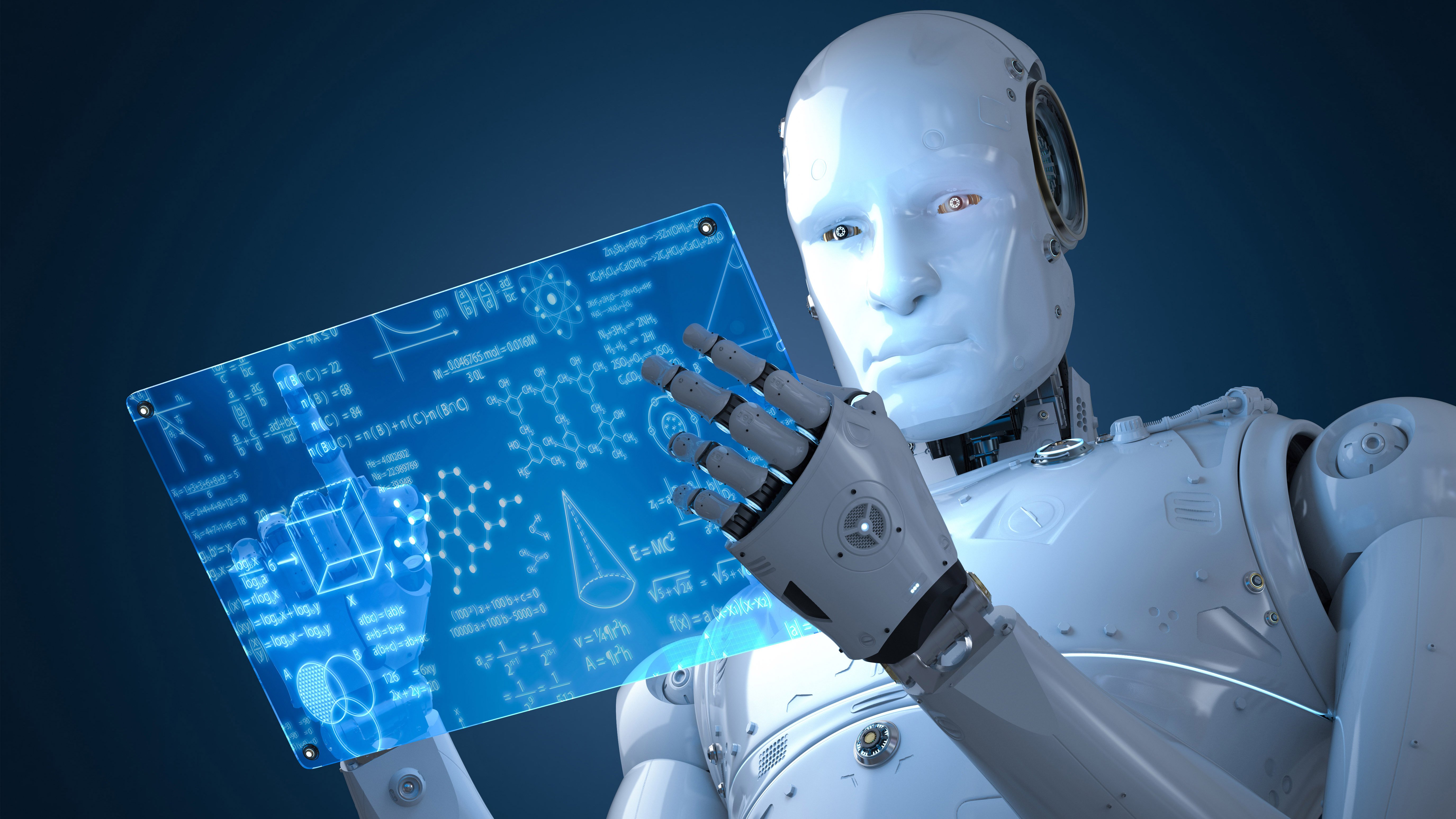
Artificial Intelligence (AI) encompasses a wide range of techniques and algorithms that enable machines to perform tasks that typically require human intelligence. There are several different types of AI, each with its own strengths and applications.
Machine Learning
Machine learning is a type of AI that allows computers to learn from data without explicit programming. Machine learning algorithms are trained on large datasets, and they can then make predictions or decisions based on new data. Machine learning is used in a wide variety of applications, such as image recognition, natural language processing, and fraud detection.
Deep Learning
Deep learning is a type of machine learning that uses artificial neural networks to learn from data. Neural networks are inspired by the human brain, and they can learn complex patterns and relationships in data. Deep learning is used in a wide variety of applications, such as image recognition, natural language processing, and speech recognition.
Natural Language Processing
Natural language processing (NLP) is a type of AI that allows computers to understand and generate human language. NLP algorithms can be used to perform a variety of tasks, such as machine translation, text summarization, and question answering. NLP is used in a wide variety of applications, such as customer service chatbots, search engines, and social media analysis.
Applications of AI
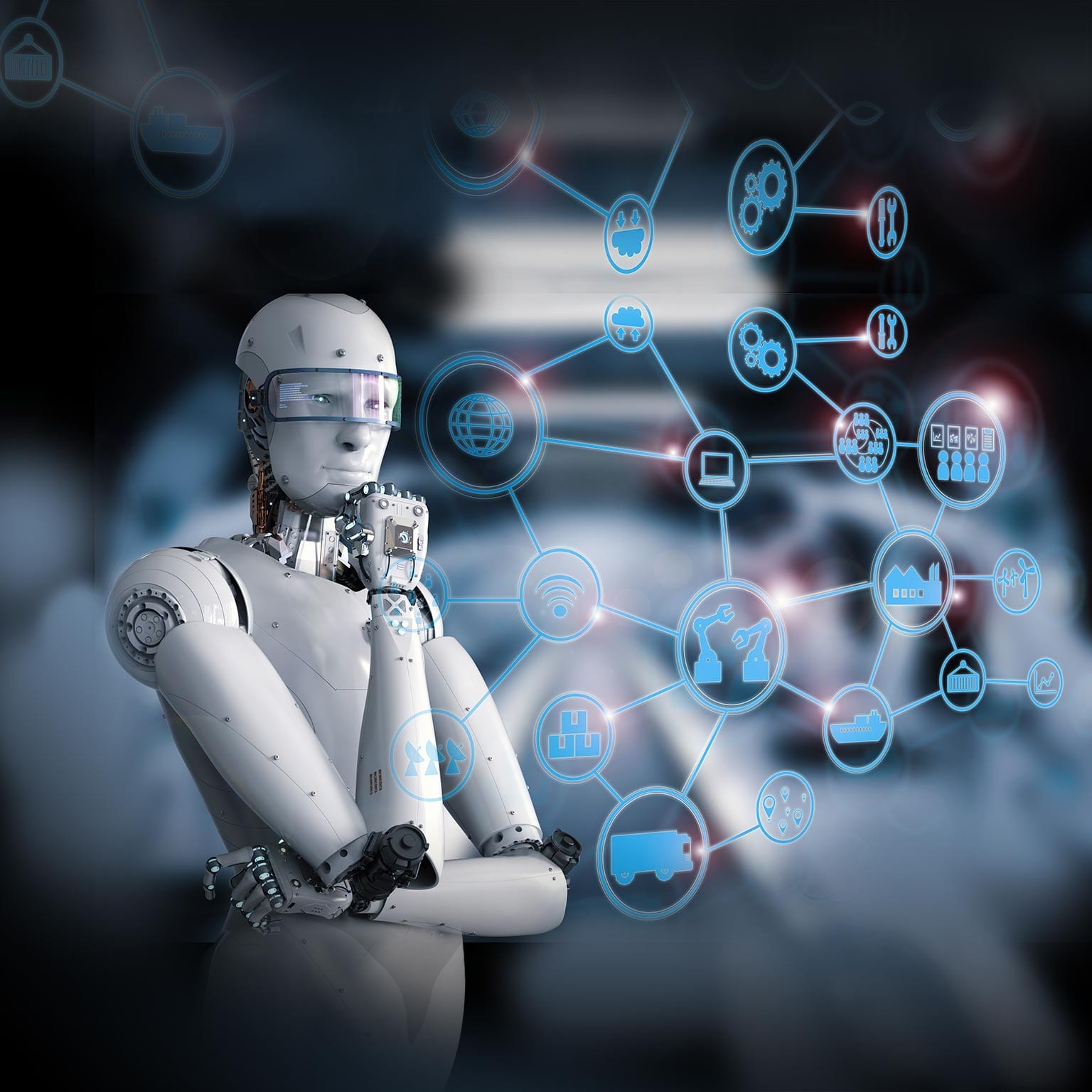
Artificial intelligence (AI) has a wide range of applications across various industries, including healthcare, finance, and manufacturing. AI technologies are used to improve efficiency, accuracy, and decision-making in these fields.
Healthcare
- Medical diagnosis:AI algorithms can analyze patient data, such as medical images and electronic health records, to assist doctors in diagnosing diseases and predicting patient outcomes.
- Drug discovery:AI can help researchers identify new drug targets and optimize drug development processes, reducing the time and cost of bringing new medications to market.
- Personalized medicine:AI can analyze individual patient data to tailor treatment plans, optimizing outcomes and reducing side effects.
Finance
- Fraud detection:AI algorithms can analyze transaction data to identify fraudulent activities, reducing financial losses for banks and other financial institutions.
- Risk assessment:AI can help financial institutions assess the risk of lending to borrowers, improving loan approval processes and reducing defaults.
- Investment management:AI can analyze market data and make investment recommendations, assisting portfolio managers in making informed decisions.
Manufacturing, Artificial intelligence
- Predictive maintenance:AI algorithms can monitor equipment performance data to predict failures, allowing for timely maintenance and reducing downtime.
- Quality control:AI can analyze product images and other data to identify defects, ensuring product quality and reducing waste.
- Process optimization:AI can analyze production data to identify bottlenecks and inefficiencies, optimizing processes and increasing productivity.
Benefits of AI: Artificial Intelligence
The incorporation of AI into various sectors has brought about numerous advantages, transforming the way businesses operate and enhancing our daily lives.
One of the key benefits of AI is its ability to automate repetitive and time-consuming tasks, freeing up human workers to focus on more complex and creative endeavors. By automating processes, AI can significantly increase efficiency and productivity, leading to cost savings and improved operational performance.
Accuracy and Precision
AI algorithms are designed to analyze vast amounts of data and identify patterns and insights that may be missed by humans. This capability enables AI systems to make accurate predictions and recommendations, reducing the risk of errors and improving decision-making processes.
Challenges of AI
Artificial intelligence (AI) has the potential to revolutionize many aspects of our lives, but it also comes with some potential challenges. These include:
Job displacement
One of the biggest concerns about AI is that it could lead to widespread job displacement. As AI systems become more sophisticated, they are increasingly able to perform tasks that were previously only possible for humans. This could lead to job losses in a wide range of industries, from manufacturing to customer service.
Bias
Another challenge of AI is that it can be biased. AI systems are trained on data, and if the data is biased, then the AI system will also be biased. This can lead to unfair or discriminatory outcomes. For example, an AI system that is trained on data from a particular demographic group may be biased against other demographic groups.
Security
AI systems can also be vulnerable to security breaches. Hackers could exploit vulnerabilities in AI systems to gain access to sensitive data or to manipulate the system’s behavior. This could have serious consequences, such as financial loss or even physical harm.
Future of AI
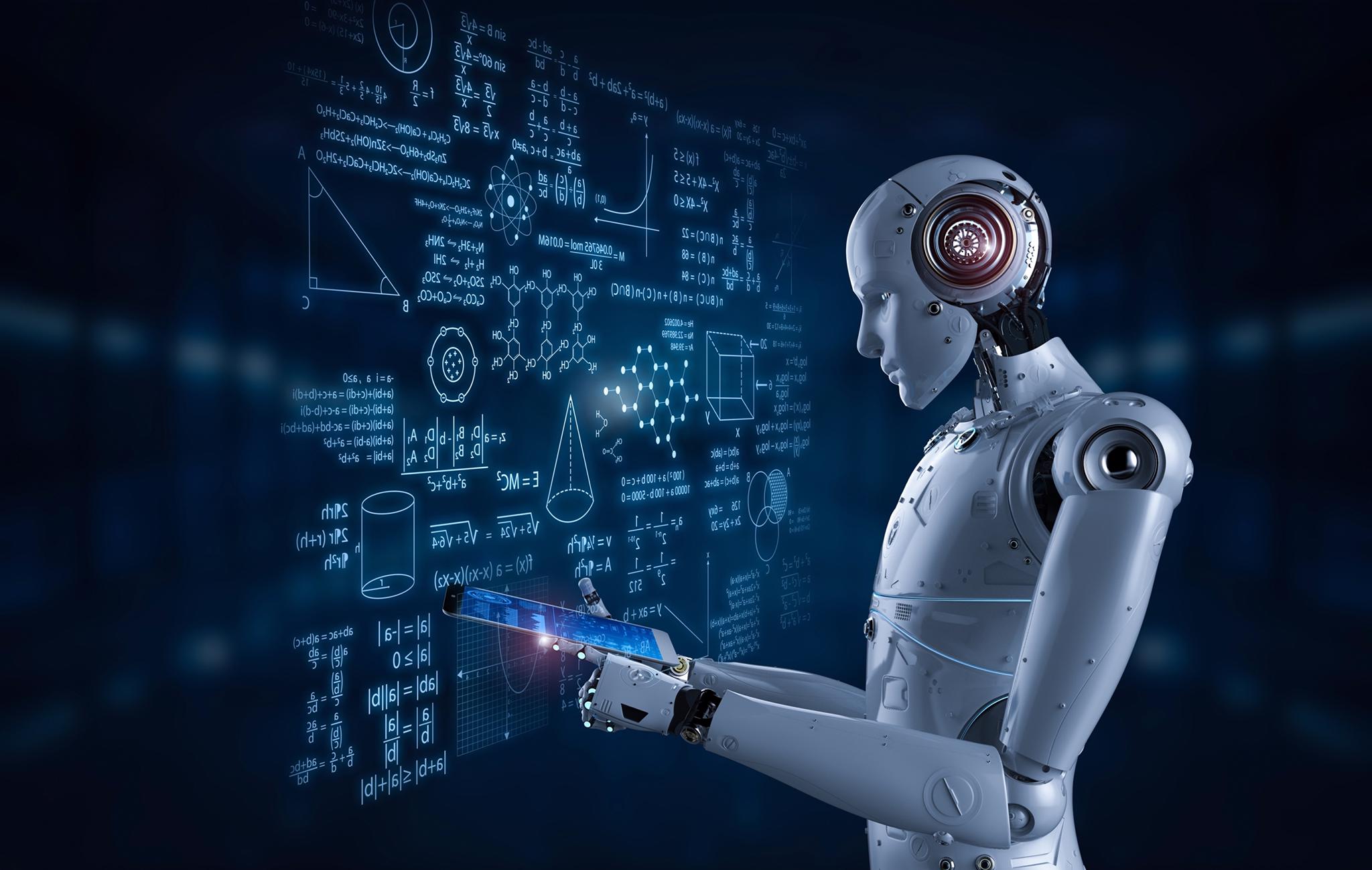
Artificial intelligence (AI) is rapidly evolving, and its potential for transforming our world is vast. In the coming years, we can expect to see even more advancements in AI, with new applications and capabilities that will have a profound impact on our lives.
One of the most important areas of AI research is in the development of new algorithms and techniques for machine learning. Machine learning allows AI systems to learn from data, and as the amount of data available to AI systems grows, so too does their ability to learn and perform complex tasks.
Another important area of AI research is in the development of new hardware for AI systems. Traditional computers are not well-suited for running AI algorithms, and new hardware is being developed that is specifically designed for AI applications.
Ethical Considerations
As AI continues to develop, it is important to consider the ethical implications of this technology. AI systems have the potential to be used for good, but they also have the potential to be used for harm. It is important to ensure that AI systems are developed and used in a responsible manner.
One of the most important ethical considerations surrounding AI is the issue of bias. AI systems can be biased against certain groups of people, and this can lead to unfair or discriminatory outcomes. It is important to ensure that AI systems are developed and used in a way that is fair and equitable.
Another important ethical consideration surrounding AI is the issue of privacy. AI systems can collect and analyze vast amounts of data, and this can raise concerns about privacy. It is important to ensure that AI systems are developed and used in a way that respects people’s privacy.
Real-World Examples of AI
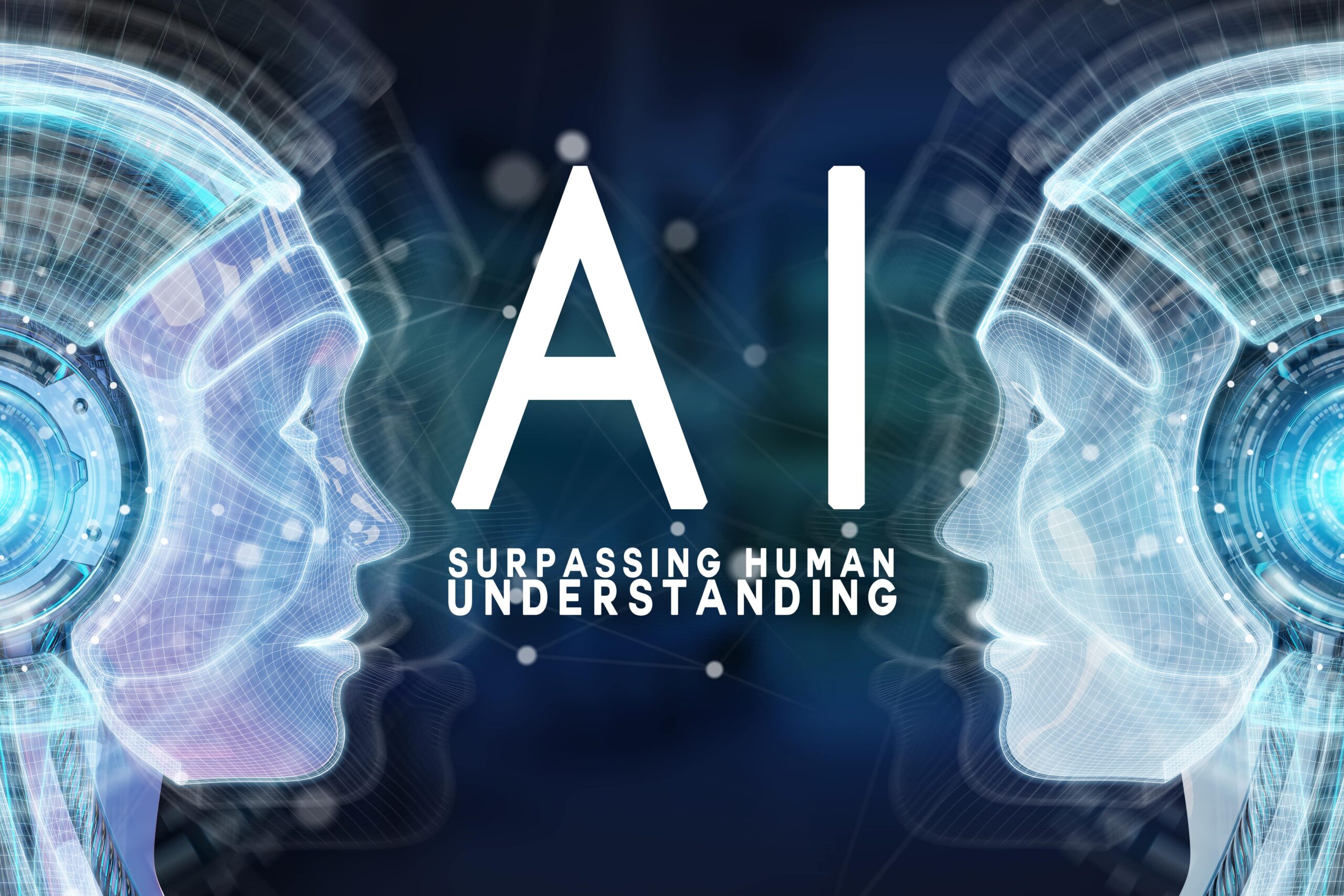
Artificial intelligence (AI) is revolutionizing various industries and aspects of our lives. From healthcare to finance, AI-powered solutions are being developed and deployed to enhance efficiency, accuracy, and decision-making.
Here are some notable real-world examples of AI in action:
Healthcare
- Medical Diagnosis:AI algorithms can analyze patient data, medical images, and electronic health records to assist doctors in diagnosing diseases and making more informed treatment decisions.
- Drug Discovery:AI is used to accelerate the discovery of new drugs by screening millions of potential compounds and identifying promising candidates for further research.
- Personalized Medicine:AI helps tailor medical treatments to individual patients based on their genetic makeup, lifestyle, and medical history.
Finance
- Fraud Detection:AI algorithms can detect fraudulent transactions in real-time by analyzing spending patterns and identifying anomalies.
- Investment Management:AI-powered tools assist fund managers in making investment decisions by analyzing market data, predicting trends, and optimizing portfolios.
- Risk Assessment:AI helps financial institutions assess the risk of borrowers and make more informed lending decisions.
Transportation
- Self-Driving Cars:AI enables self-driving cars to navigate roads, detect obstacles, and make driving decisions without human intervention.
- Traffic Optimization:AI algorithms analyze traffic data to optimize traffic flow, reduce congestion, and improve commute times.
- Logistics and Supply Chain:AI optimizes logistics and supply chain operations by predicting demand, routing shipments, and managing inventory.
Customer Service
- Chatbots:AI-powered chatbots provide instant customer support, answer queries, and resolve issues without the need for human agents.
- Sentiment Analysis:AI algorithms analyze customer feedback and social media data to understand customer sentiment and identify areas for improvement.
- Personalized Recommendations:AI helps businesses make personalized product and service recommendations to customers based on their preferences and purchase history.
Other Industries
- Manufacturing:AI optimizes production processes, predicts equipment failures, and improves quality control.
- Retail:AI helps retailers analyze customer data, optimize pricing, and personalize marketing campaigns.
- Agriculture:AI is used for precision farming, crop monitoring, and livestock management.
Last Point
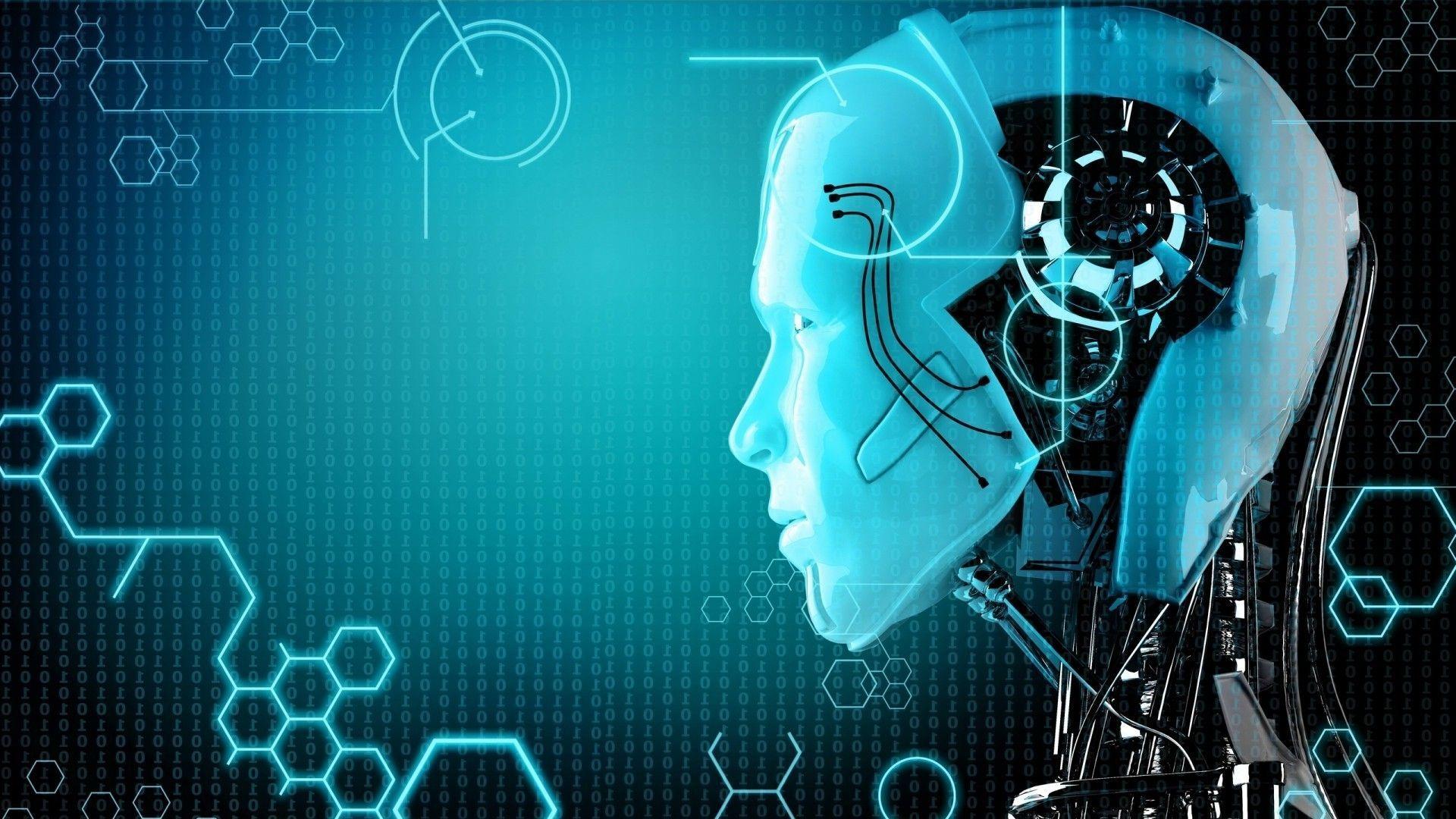
The future of AI holds immense promise, with advancements in machine learning, deep learning, and natural language processing expected to drive innovation across diverse fields. However, it is crucial to address ethical considerations and potential challenges to ensure that AI is developed and deployed responsibly.
As AI continues to evolve, it will undoubtedly play an increasingly significant role in our lives. By understanding the fundamentals of AI and its implications, we can harness its power to create a better future for all.
Key Questions Answered
What is the definition of artificial intelligence (AI)?
AI refers to the simulation of human intelligence in machines that are programmed to think, learn, and solve problems like humans.
What are the different types of AI?
AI encompasses various types, including machine learning, deep learning, natural language processing, computer vision, and robotics.
What are the key applications of AI?
AI finds applications in healthcare, finance, manufacturing, transportation, retail, and many other industries.
What are the benefits of using AI?
AI offers numerous benefits, such as automation, efficiency, accuracy, and the ability to handle complex tasks.
What are the challenges associated with AI?
AI development and deployment come with challenges, including job displacement, potential bias, and security concerns.
